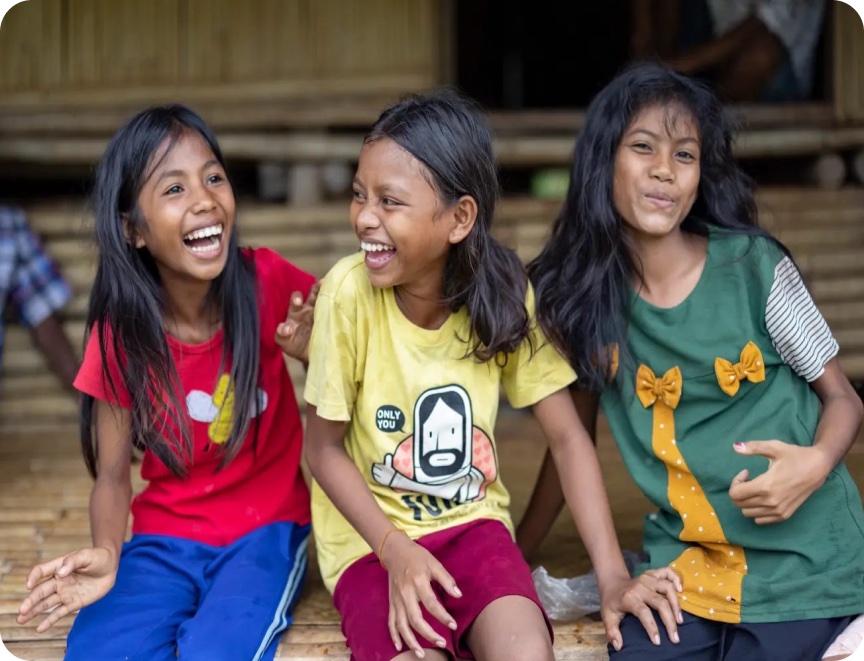Low rates of vaccinations for existing infectious diseases will compound the impacts of a COVID-19 outbreak in developing countries on Australia’s doorstep, ChildFund Australia warned today.
ChildFund Australia Health Advisor Tracy Yuen said many countries in the Asia-Pacific region, including Papua New Guinea (PNG) and Timor-Leste, already have low rates of vaccination due to poor health infrastructure.
“The health systems in these nations are already struggling to treat and prevent diseases that have spread due to low vaccination rates. We saw an example of this during the measles outbreak in Samoa last year.
“We are also deeply concerned that while existing healthcare resources are redeployed to respond to the virus, so many of these countries will not be left with any capacity to continue offering many routine programs, like immunisation. In some countries right now, they have already been halted.
“It’s a double-edged sword. Existing low vaccination rates will compound the health impacts of the pandemic on people and health systems while, over the longer term, the consequences of COVID-19 mean that routine vaccination programs will be a low priority.”
Last week, the United Nations announced that polio vaccination campaigns have been suspended, and measles immunisation campaigns have stopped in at least 23 countries.
“The economic downturn will also have a major impact on health programming. Even when the risk of COVID-19 is behind us, the global recession will mean many countries just don’t have the funds for mass scale immunisation.
“In countries like PNG, health services are already stretched. When you add a new infectious disease – like COVID-19 – into the equation, the impact will be severe both in the short and longer-term.”




























